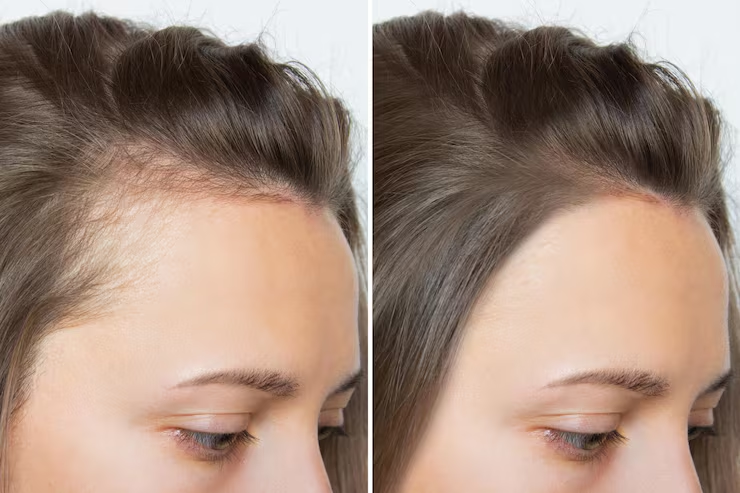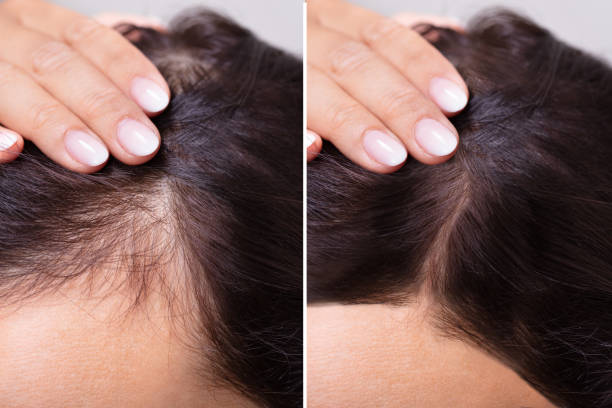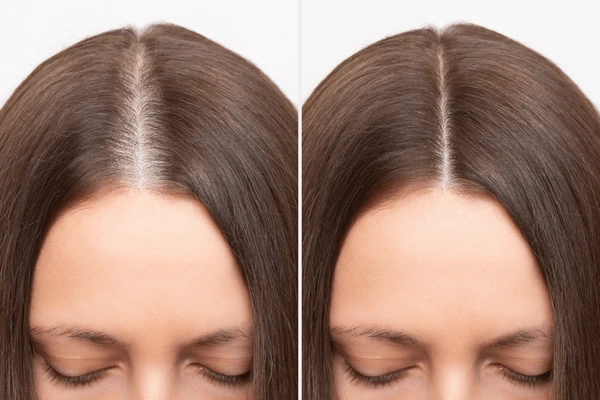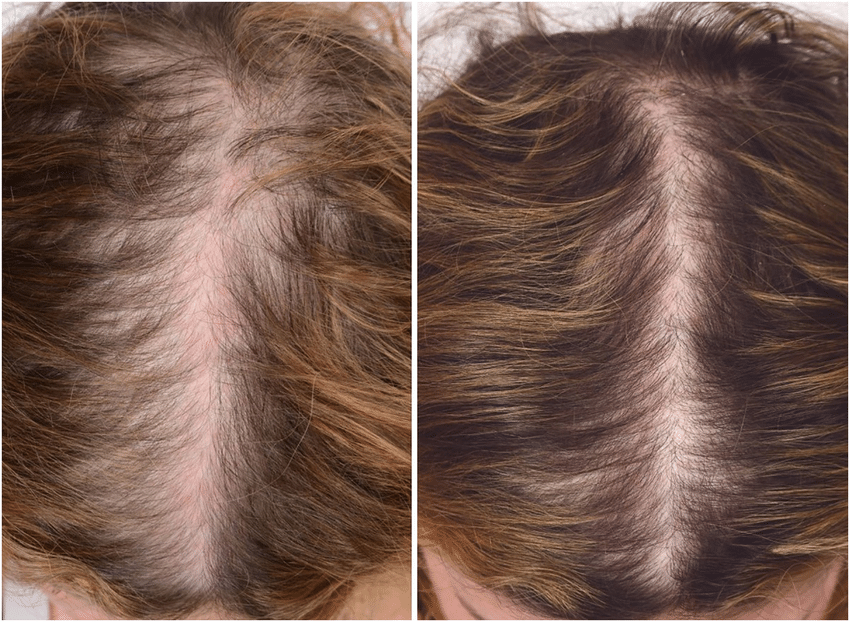Eczema
.jpg)
Need An Appointment?
Drop Your Number here
Eczema: Causes, Symptoms, and Effective Treatments
Eczema, also known as atopic dermatitis, is a chronic skin condition that affects millions of people worldwide. Characterized by dry, itchy, inflamed skin, eczema can significantly impact quality of life, causing discomfort, sleep disturbances, and self-consciousness. While it is not contagious, eczema often requires ongoing care and management to control flare-ups and maintain healthy skin.
Causes of Eczema
Eczema develops due to a complex interplay of factors:
-
Genetic Predisposition: Individuals with a family history of eczema, allergies, or asthma are more susceptible.
-
Immune System Response: An overactive immune system triggers inflammation in the skin.
-
Environmental Triggers: Pollutants, harsh soaps, detergents, and extreme weather can aggravate symptoms.
-
Allergens: Dust, pollen, certain foods, and metals may trigger flare-ups.
-
Stress and Lifestyle Factors: Stress, lack of sleep, and poor skincare can worsen eczema symptoms.
Identifying and avoiding triggers is essential to prevent flare-ups and manage the condition effectively.
.jpg)
Symptoms of Eczema
Symptoms vary depending on the type and severity of eczema, but common signs include:
-
Red, inflamed, or swollen skin
-
Intense itching, often worse at night
-
Dry, scaly, or rough patches
-
Blisters or oozing in severe cases
-
Thickened skin due to chronic scratching
-
Skin discoloration in affected areas
Symptoms may flare up periodically, often triggered by environmental changes or irritants, and then subside with proper care and treatment.
Need An Appointment?
Drop Your Number here
Treatment Options for Eczema
Managing eczema requires a combination of medical treatment, lifestyle modifications, and preventive care:
1. Topical Treatments
-
Corticosteroid Creams: Reduce inflammation and itching during flare-ups.
-
Calcineurin Inhibitors: Effective for sensitive areas such as the face and neck.
-
Moisturizers and Emollients: Hydrate the skin, restore the barrier, and prevent dryness.
2. Oral Medications
-
Antihistamines: Help control itching and allergic reactions.
-
Systemic Corticosteroids or Immunosuppressants: For severe or widespread eczema under medical supervision.
3. Lifestyle and Home Care
-
Avoid known irritants and allergens.
-
Use gentle, fragrance-free soaps and skincare products.
-
Maintain a consistent moisturizing routine to keep skin hydrated.
-
Wear protective clothing to minimize exposure to triggers.
4. Advanced Therapies
-
Phototherapy: Controlled UV light exposure to reduce inflammation.
-
Biologics: Targeted treatment for severe eczema resistant to conventional therapy.
Patient's Testimonials




Reviews & Treatment Results at Bansal Skin Solution

5.0
(600 Reviews)

5.0
(500 Votes)

5.0
(567 Votes)
She's the best skin doctor I've come across so far. she listens patiently, gives the prominent treatment accordingly. Guys looking for skin treatment must visit Dr Nidhi Bansal, you will get satisfying results👍

Ravi Bhardwaj
PatientI consulted with Dr Nidhi Bansal after one of my friend suggested. The doctor is very calm and well versed with the solutions. I definitely liked the way He made me understand the issues of my hair sclap. I am very happy with my own experience with her and the treatment provided amazing hence I would highly recommend to this doctor for any skin or hair disease.

Manish Pal
PatientI was suffering from severe acne on my face. Dr Nidhi told me in detail about the treatment options and customized the procedures for my face. Within one day my redness and acne has reduced by 90%. I am so happy with the results and would recommend Dr Nidhi to everyone for their skin and hair problems.

Kartikey Singh
PatientBest doctor I always go to Dr Nidhi skin clinic whenever i have any skin problems . Dr. Nidhi is such a humble + trusted doctor I was dealing with pimples and scars from 6 years, someone told me about Dr Nidhi .I having been taking treatment from 2 months .my acne has gone for forever ,thanks for giving me normal skin best dermatologist in jaipur I got 100 % results , M bhut jayda preshan tha acne , blackheads whiteheads se ,mera face bhut khrab dikhta tha bhut guilty feel hota tha logo ko face krne m now I m confident .thank you doctor






